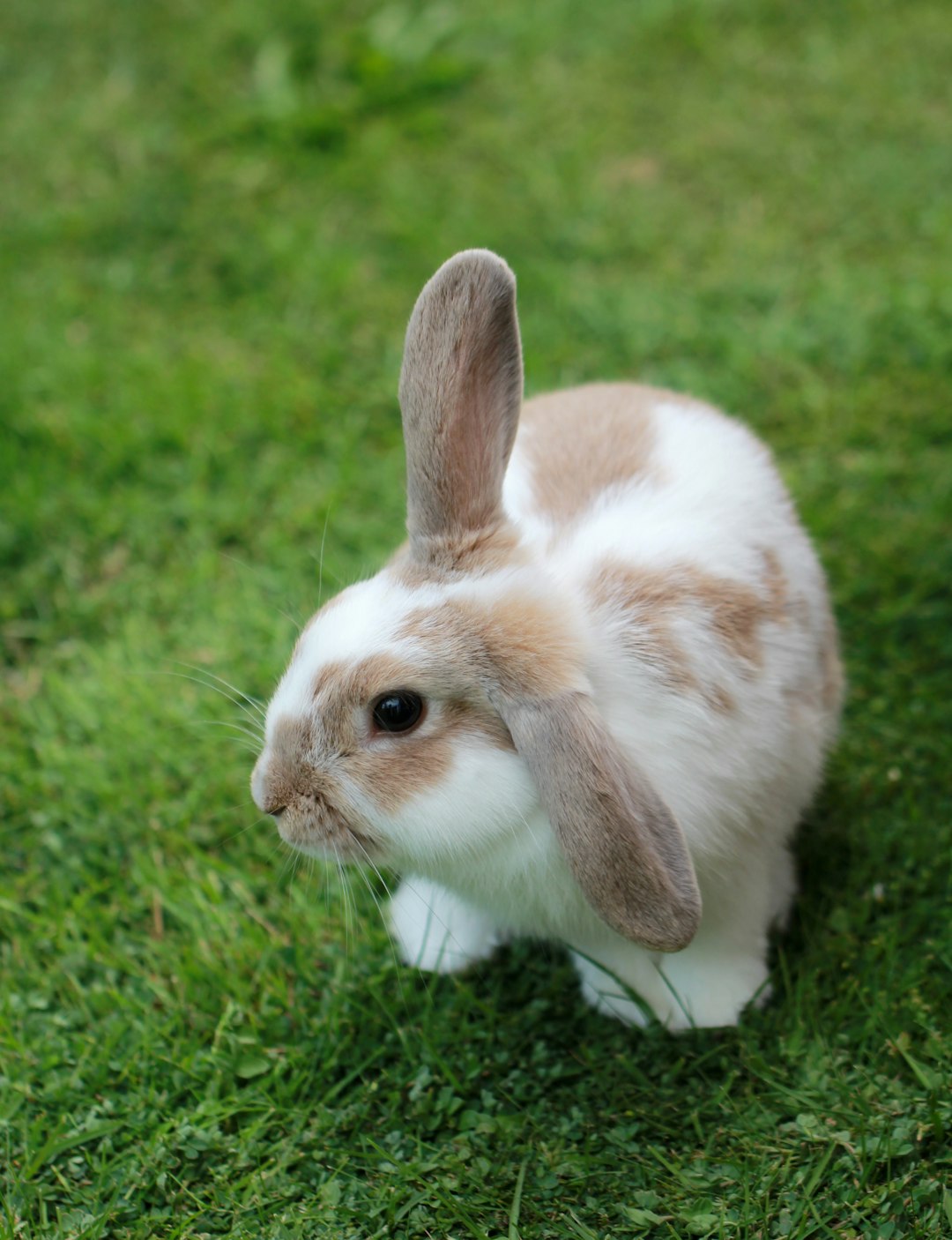
Rabbits are adorable and fluffy creatures that make great pets. However, taking care of them requires more attention and effort than you may think. In this Bunny Care 101 guide, we will teach you everything you need to know to care for your rabbit.
1. Housing
The first and most essential aspect of bunny care is their housing. Rabbits need a spacious and comfortable living area that allows them to stretch, move, and play. A proper bunny living space should be at least four times the size of your rabbit. It should provide enough room for a litter box, water, food, and toys. Rabbits should have a designated area where they can hide and stay comfortable. Keep in mind that rabbits are social animals and enjoy being part of a group, so it’s best to keep them in pairs or groups.
2. Diet
A proper diet is crucial for your bunny’s health. Rabbits require a high-fiber diet, which means they should eat hay, fresh vegetables, and fruits daily. Hay is an essential part of their diet as it helps maintain their dental health and digestion. Provide your rabbit with fresh and clean drinking water at all times. Avoid feeding them processed food or sweets, which can upset their stomach and lead to obesity.
3. Grooming
Regular grooming is important to keep your bunny healthy and clean. Brush your rabbit’s fur daily to prevent matting and hairballs. Long-haired rabbits may require extra grooming to keep their fur from becoming tangled. Trimming your bunny’s nails regularly is also crucial, as it prevents them from getting too long and causing discomfort to your bunny.
4. Exercise
Just like humans, rabbits need exercise to maintain their health and wellbeing. Provide your bunny with enough space to hop around and play. Indoor cages or outdoor rabbit runs can make great exercise spaces. Make sure your bunny is safe from predators or other animals that could hurt them. Additionally, provide your bunny with plenty of toys to keep them entertained and active.
5. Health
Rabbits are susceptible to a variety of health problems, including dental issues, gastrointestinal problems, and infections. Regular veterinary check-ups are essential to ensure your bunny’s health and wellbeing. Look for signs of illness, such as changes in appetite, lethargy, weight loss, or diarrhea. If you notice any of these symptoms, contact your veterinarian immediately.
6. Socialization
Rabbits are social animals that thrive on companionship. Keeping your bunny in pairs or groups not only provides them with socialization but also helps them feel safe and secure. If you only have one bunny, make sure you spend plenty of time with them, providing them with the love and attention they need. However, if you plan to introduce a new bunny to your home, make sure to introduce them slowly and under supervision to prevent any conflicts.
In summary, taking care of a bunny requires time, effort, and attention. Make sure to provide them with a spacious and comfortable living area, a high-fiber diet, regular grooming, exercise, healthcare, and socialization. By following these Bunny Care 101 tips, you can provide your bunny with the love and care they need to thrive.